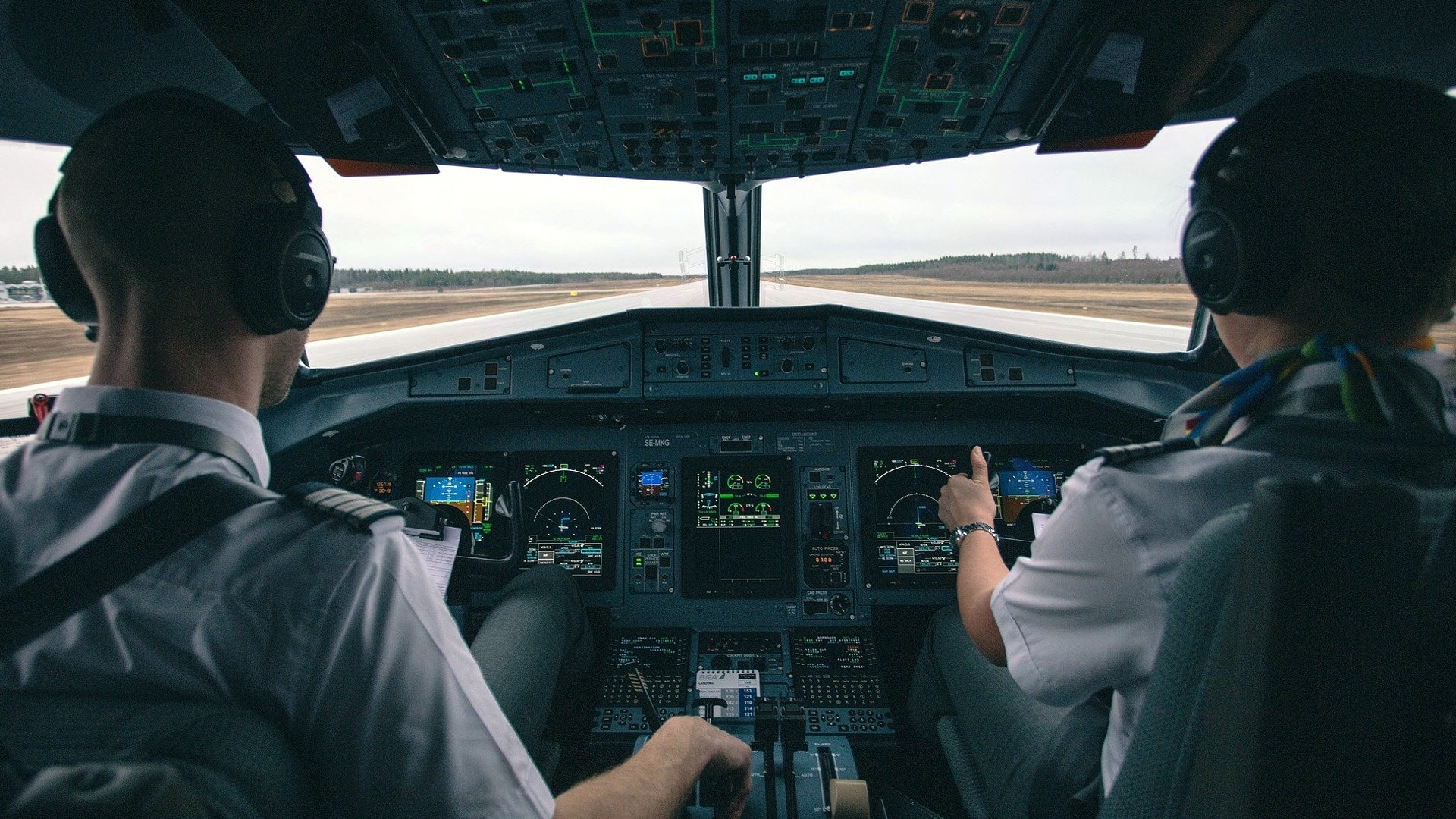A total of 993 commercial pilot licences have been issued this year till July 24, the government said on Thursday. Minister of State for Civil Aviation V K Singh informed the Lok Sabha that currently, there are 36 Flying Training Organisations (FTOs) operating at 57 bases.
According to data provided as part of a written reply, 993 Commercial Pilot Licences (CPLs) and 407 Airline Transport Pilot Licences (ATPL) have been issued this year till July 24. In 2022, a total of 1,165 CPLs and 720 ATPLs were issued. An individual is eligible to apply for CPL after completing at least 200 hours of flying and fulfilling other conditions. Besides, the individual has to clear theory papers and once successful, the CPL is given for a period of five years subject to complying with various requirements.
The Directorate General of Civil Aviation (DGCA) issues three types of licenses — CPL, Air Transport Pilot Licence (ATPL) and Private Pilot Licence (PPL). While CPL allows a pilot to start flying as a co-pilot, ATPL permits a pilot to be the commander. PPL is issued for operating private planes. “The estimated supply of engineers from DGCA-approved AME Training Institutes is around 3,500 per year to cater to the demands of the aviation industry,” Singh said. Singh, in another written reply, said that as on July 28, a total of 8 Indian scheduled operators with 649 aircraft are operating commercial passenger services in the country.
To queries about airfares, he noted that ticket prices are fixed by the airlines keeping in mind the market, demand, seasonality and other market forces. “Airline ticket prices are determined by the demand and supply theory and are governed under the competition laws (Competition Act, 2002). Anti-competitive practices are kept in check by the Competition Commission of India (CCI),” he added. The minister also said DGCA has taken various steps to enhance safety of operations and ensure safe travel of passengers. These include airlines being directed to increase their engineering capabilities at all airports where they operate to ensure availability of spare and qualified manpower.
Further, the watchdog has increased its spot checks on aircraft of airlines, and has directed carriers to ensure adequate availability of spares. In a separate written reply, Singh said the Aircraft Accident Investigation Bureau (AAIB) is probing 11 accidents and 4 serious incidents. The minister also said that investigations in progress are regularly reviewed and efforts are made for their timely completion. “Timelines differ from case to case based on complexity of case, number of stakeholders involved, requirement for component testing etc. Hence no specific timelines can be assigned for completion of investigation,” he added. Serious incidents are those involving circumstances indicating that there was a high probability of an accident and associated with the operation of an aircraft.


Pingback: India can become USD 6.7 trillion economy by 2031: S&P Global